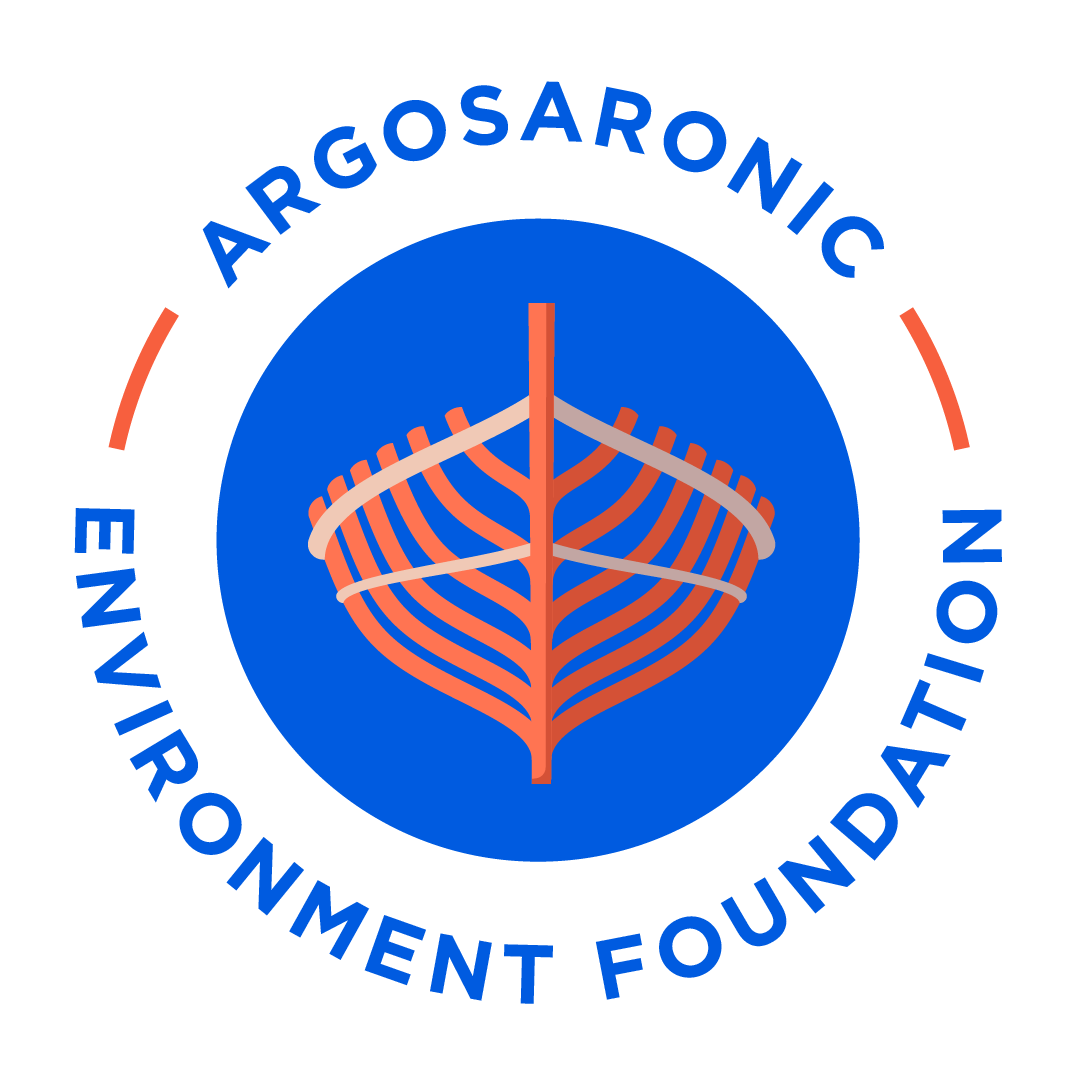Collective Effort leads to Landmark Win for Poros
Executive Summary
On August 17th, 2025, Greece’s Central Council for Urban Planning and Disputes of the Ministry of Environment (KESYPOTHA) unanimously rejected the proposed establishment of an extensive Aquaculture Development Zone (POAY) on the island of Poros. This decision is the culmination of a long-standing collective effort by the local community, supported by recent rigorous scientific studies. At the same time, it highlights the urgent need for a modern regulatory framework and sets an important precedent for the whole of Greece.
———————————————–
How it all began
Poros, a distinctive island of the Saronic Gulf, is known for its natural beauty and long maritime tradition. The island has hosted four fish farming units since the 1990s, and in 2011 it was designated as one of the national ‘strategic areas’ for large-scale aquaculture development. The expansion plan foresaw an eightfold increase in production and installations that would cover roughly 25% of the island’s coastline. Such a drastic intensification threatened to alter the island’s character and place significant pressure on its marine and terrestrial ecosystems.
Risks of uncontrolled expansion
Experience from other regions and well documented scientific research show that uncontrolled aquaculture expansion can severely degrade seagrass meadows, ecosystems that underpin Mediterranean marine biodiversity and act as a powerful carbon sink. At the same time, the island’s tourism economy, which supports hundreds of families, would be placed under pressure from industrial-scale activity.
Local opposition and AEF’s contribution
In response to these risks, the local community mobilised, and AEF supported efforts to highlight the problems and challenges of large-scale plans. Joining forces with strategic partner foundations, the AEF promoted the implementation of evidence-based research as well as awareness-raising and public information initiatives on the importance and value of preserving marine ecosystems and on the dangers of the industrialisation of the seas.
Τhe Argosaronic Environment Foundation (AEF), in partnership with the Rauch Foundation, supported the effort through three targeted initiatives:
- Mapping of Posidonia meadows in Poros and Methana.
- A scientific study by the University of Oxford on the impacts of aquaculture.
- The Mother Sea awareness campaign, which highlighted the importance of protecting the marine environment.
Why the KESYPOTHA said “no”
The Council’s unanimous rejection was based on four critical findings:
- The measurements of environmental parameters, being a decade old, were outdated and therefore inadequate to inform decision-making.
- The carrying capacity of the ecosystem to support such large-scale activity was not demonstrated.
- Long-standing objections from local and regional authorities and citizens should be taken into account.
- Unauthorised on shore facilities had not been removed.
This decision is a clear recognition that development, in order to be sustainable, must be grounded in up-to-date scientific evidence, respect for the environment, and active participation of local communities.
Significance for Greece and beyond
The implications extend well beyond Poros as the decision:
- Underscores the importance of rigorous environmental assessments and transparency in decision-making.
- Establishes a precedent that can guide policy in other regions.
- Provides reasoning is to be incorporated in the ongoing revision of the 2011 National Spatial Framework for Aquaculture.
For many areas in Greece facing similar pressures, the Poros case is now a point of reference.

